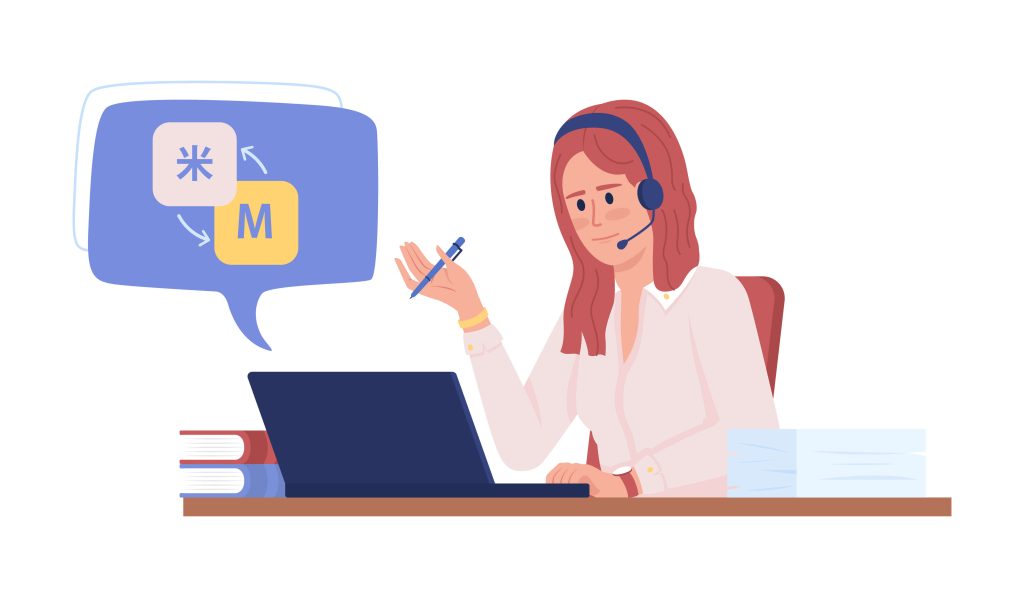Teaching adults is very different from teaching children and young people. Adults are much more demanding learners; they want to get the most out of their classes. For adults, the need to learn English is usually related to the desire to get a better job, emigrate or find a partner in an English-speaking country.
Focus on the goal of learning
The most important thing to remember when teaching English to adults is that they are there for a specific purpose. You should ask them what their goals are and set realistic expectations for them. For example, if someone wants to get a job in an international corporation, they should be taught the skills they need to get that job without being too ambitious (for example, it’s unlikely you can get someone hired as an executive at Goldman Sachs after just one class).
It would help if you also taught them how to prioritize their learning. Some people might be more interested in speaking English than reading, while others might want to improve their reading comprehension before speaking. It’s important that students know how to prioritize their learning so that they don’t waste time on things that won’t help them achieve their goals.
Practical approach
Adults are not children, and they are not the same as adolescents. The way to teach them is different, too, because they have different expectations and needs. To be successful, teachers must understand the differences between adult learners and their younger counterparts.
For example, if you teach adults, you should adopt a practical approach to the topic – i.e., showing them how they can use the knowledge. A great example is using the acquired vocabulary to talk abroad or watch movies and series in English. But that’s not all: you can choose various engaging teaching methods and exercises that will activate an adult learner. So you can conduct a recruitment interview or a debate on a specific topic. In this way, adult learns to use their competence, knowledge, vocabulary, and grammar in various situations.
No pointless housework
Adults often do not want to do homework because they associate it with school or studies. So the best solution is to assign engaging homework that stimulates creativity. Exercises that take a maximum of 10-15 minutes are a good option and can be done simply in the evening after work or on the weekend. For example, you can set completely different homework for a vacation trip. The teacher may ask the student to use their existing skills and order coffee in English in a cafe abroad (or even in Poland). Such a task is extremely practical and, at the same time, requires stepping out of the comfort zone.
Conversations in the foreground
For adults, learning grammar and vocabulary is not their primary focus. Instead, it is conversations that become the basis for later learning and exploring new language possibilities. During each class, it is best to talk to the students about a topic that interests them. It can be a holiday or professional topic, hobby or family topic. You can start the conversation with a warm-up and then move on to the maximum use of the language by the adult student—this way you can also build adult involvement and ensure that classes do not become a boring routine.
Use of English in everyday activities
English learning should not end with classes held once or twice a week. An adult should acquire knowledge in the most practical and proactive way possible. A good solution is to watch movies in English, read newspapers in that language, chat with foreigners and ask about something abroad. During everyday activities, English is really useful. The teacher should show the adult how they can improve their English learning abilities. In addition, this language can be used ideally at work, especially in an international environment. An advanced student can even find a job in such a place and thus practice their language skills.
It is worth talking to adult learners and asking them about their needs or results. This way, you can find out what adults expect and thus improve the quality of your lessons. It is also good to use ready-made ESL materials that are specially designed for adults.






